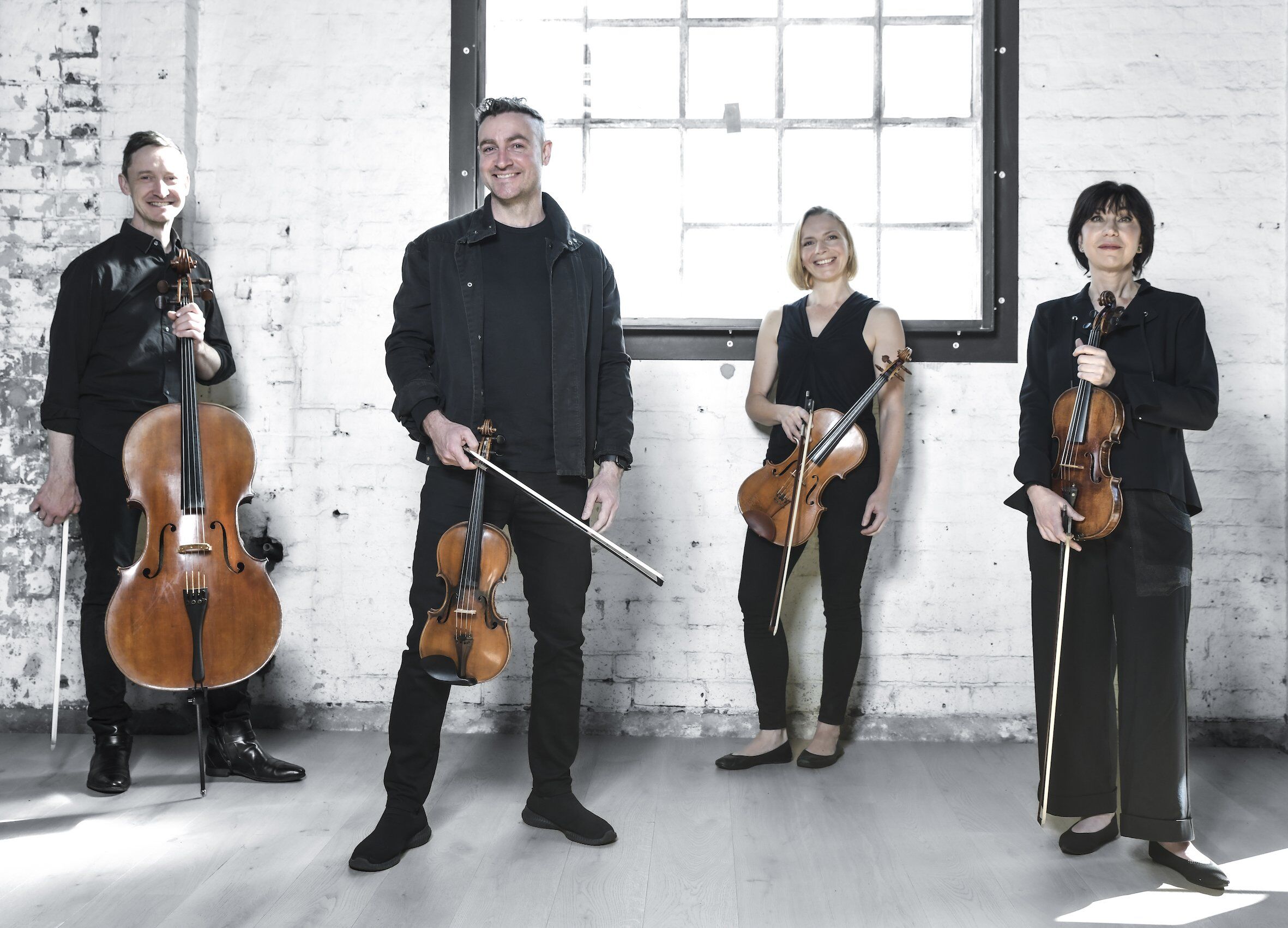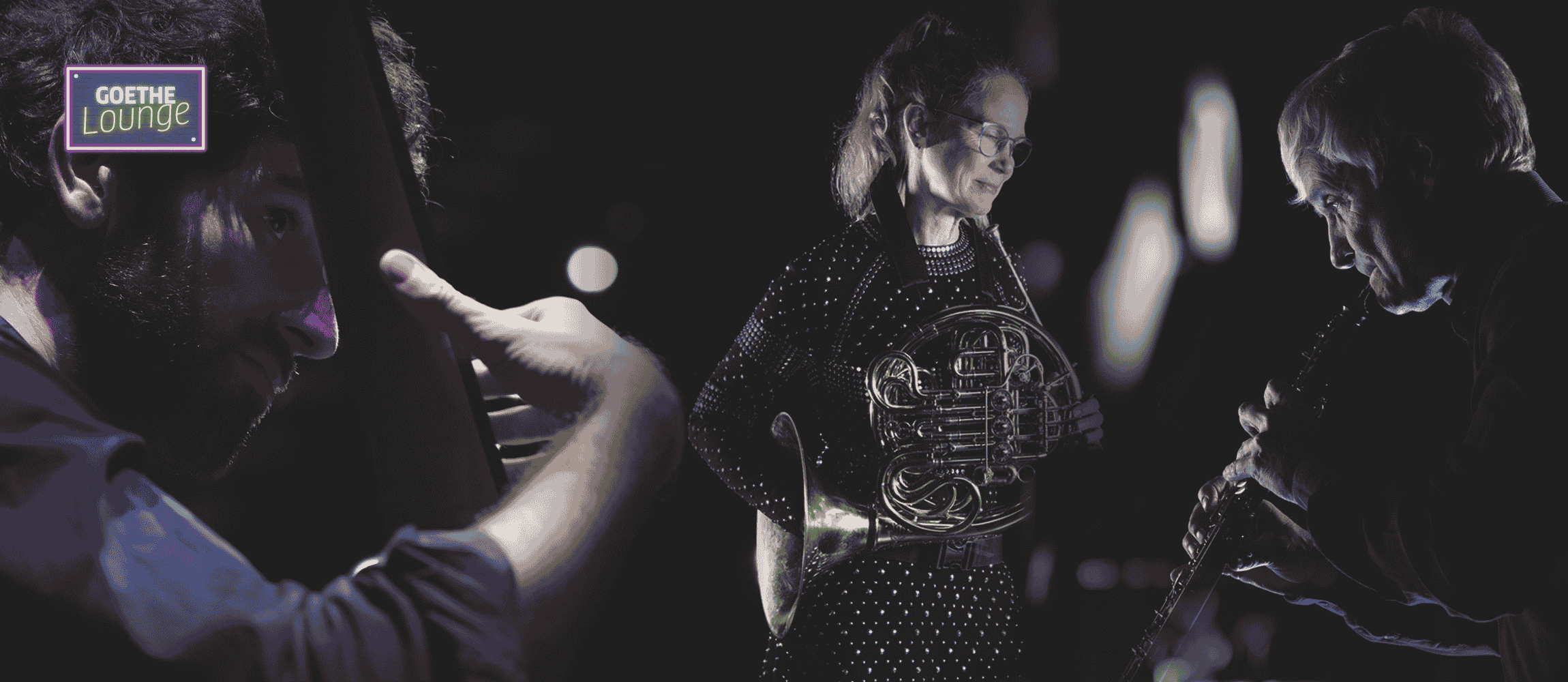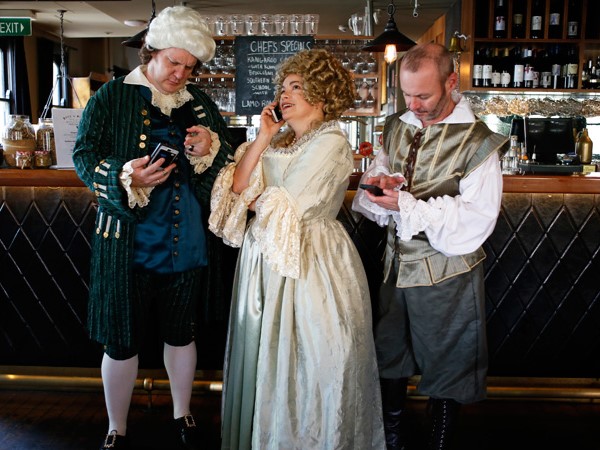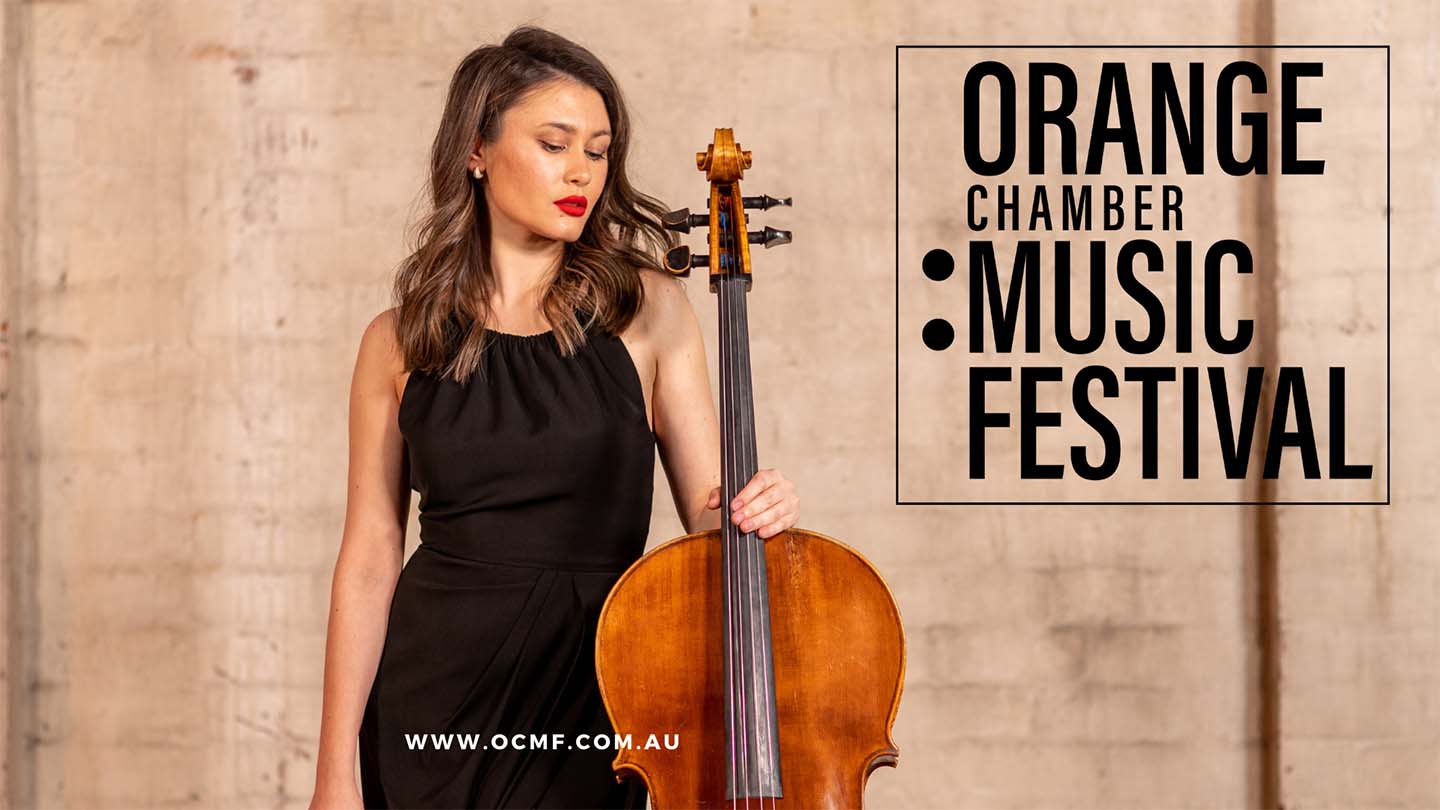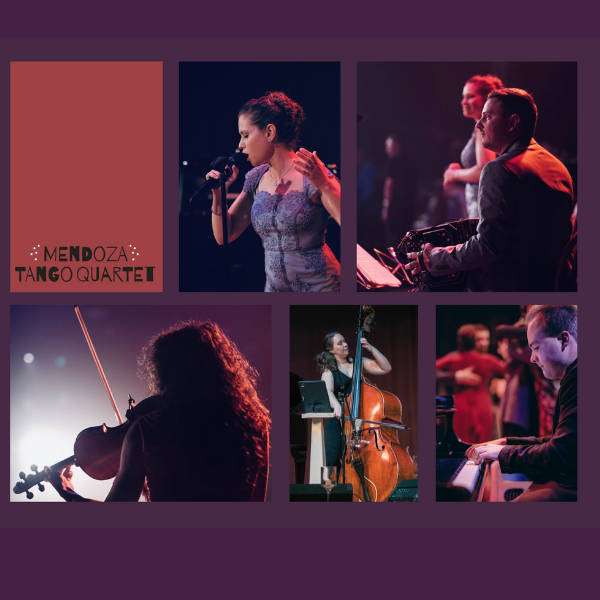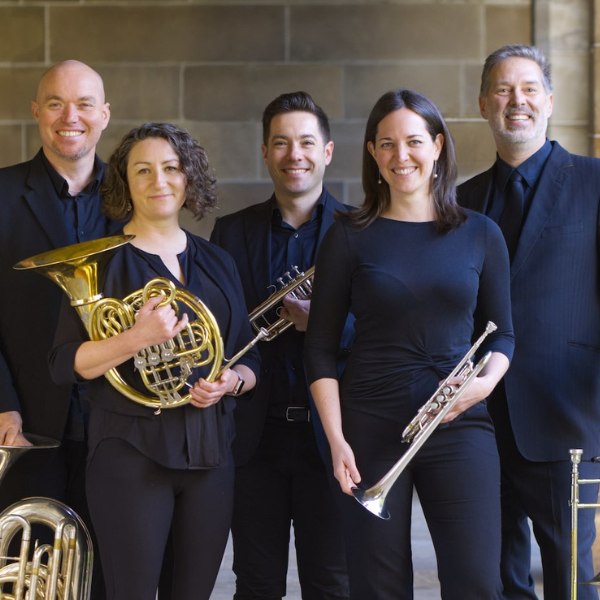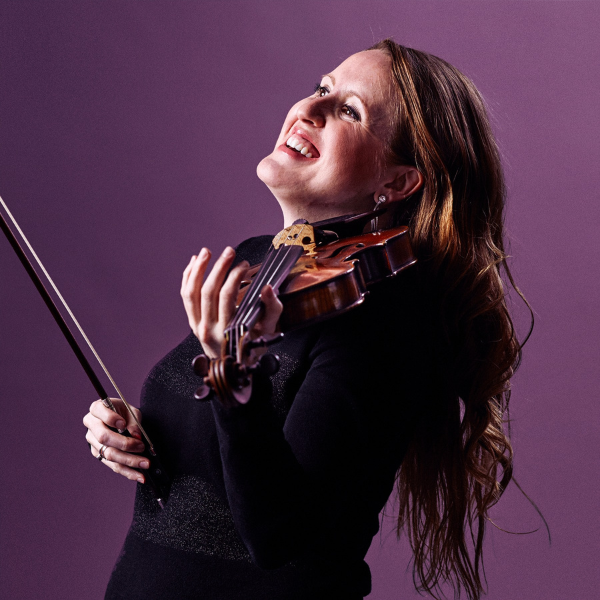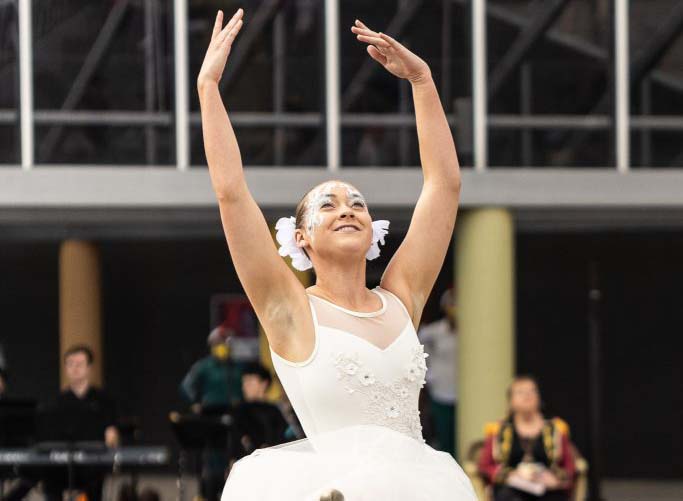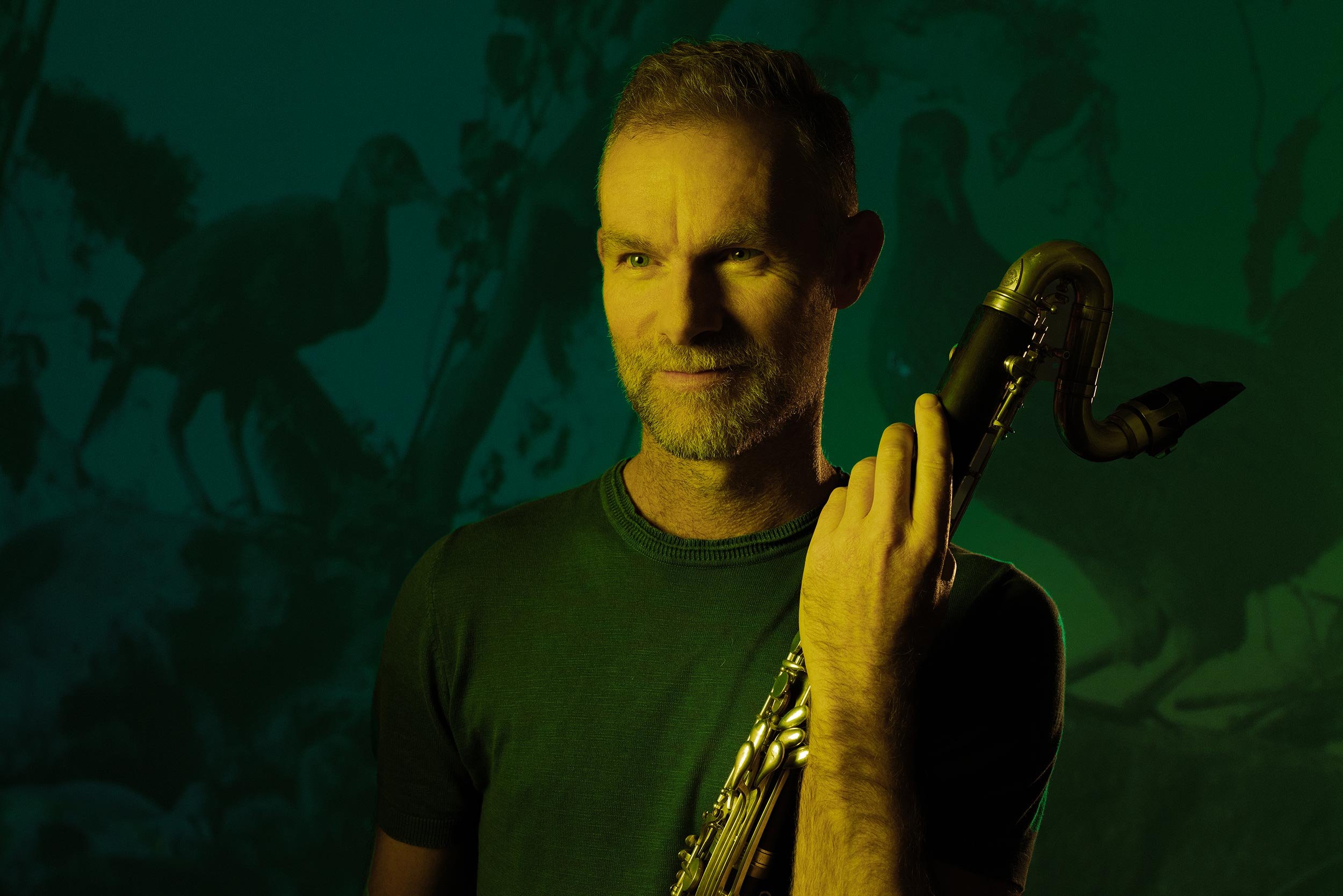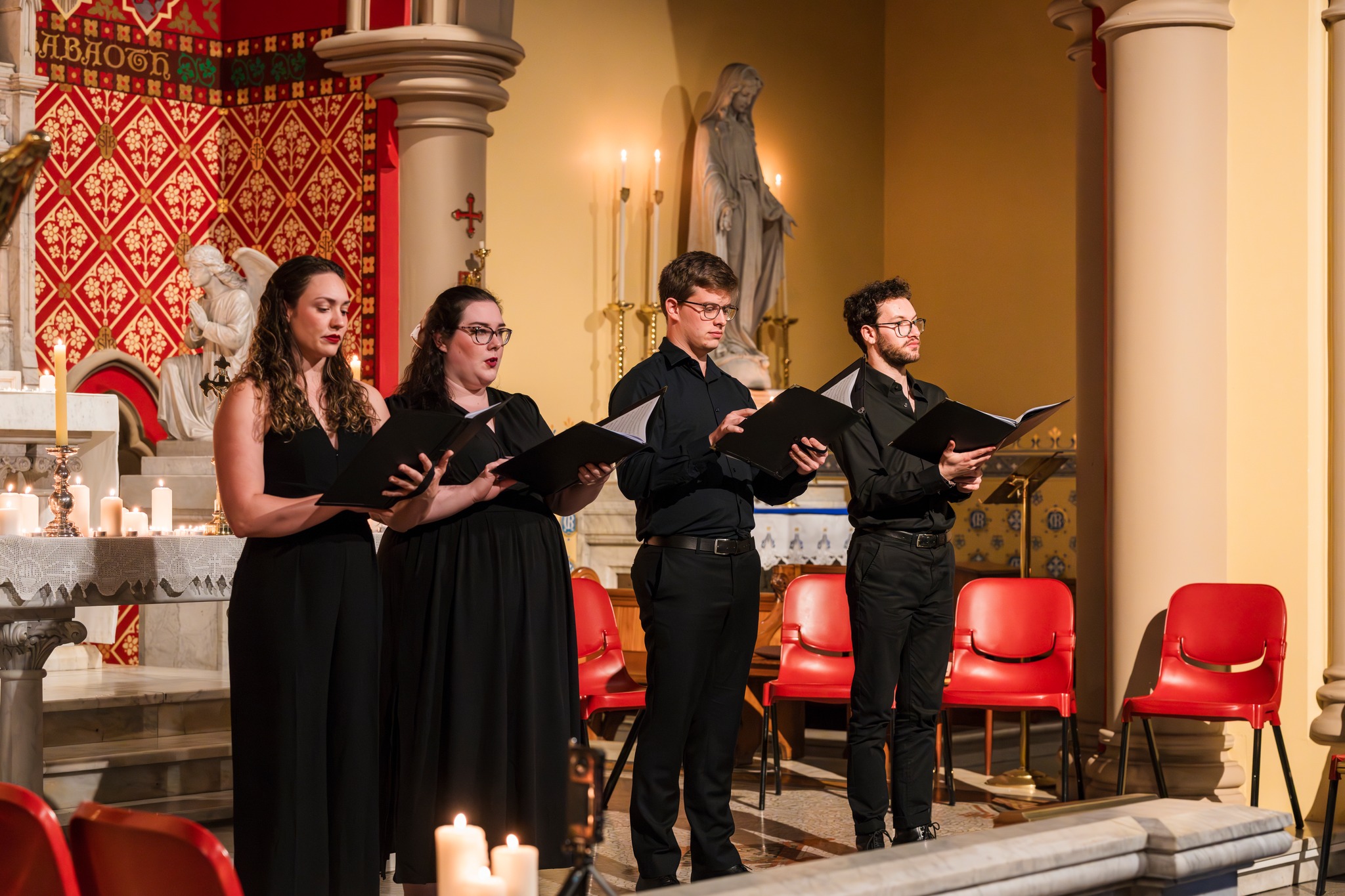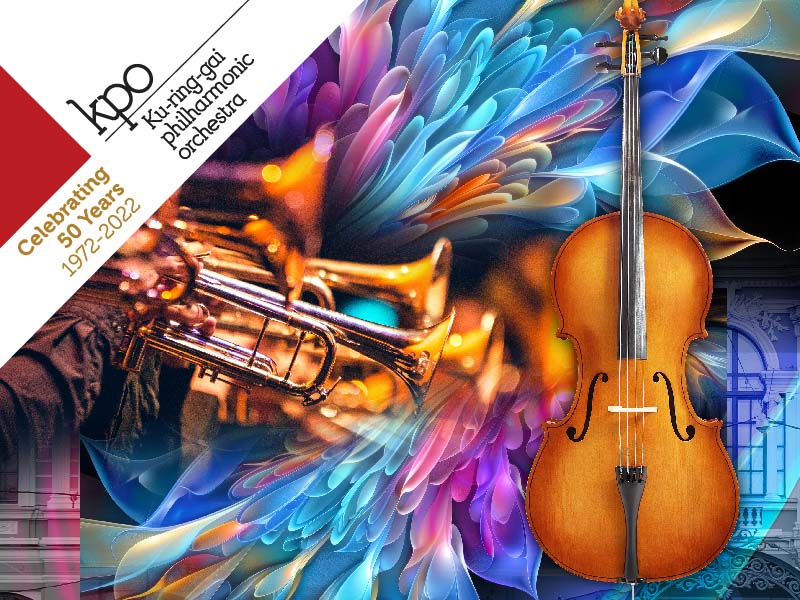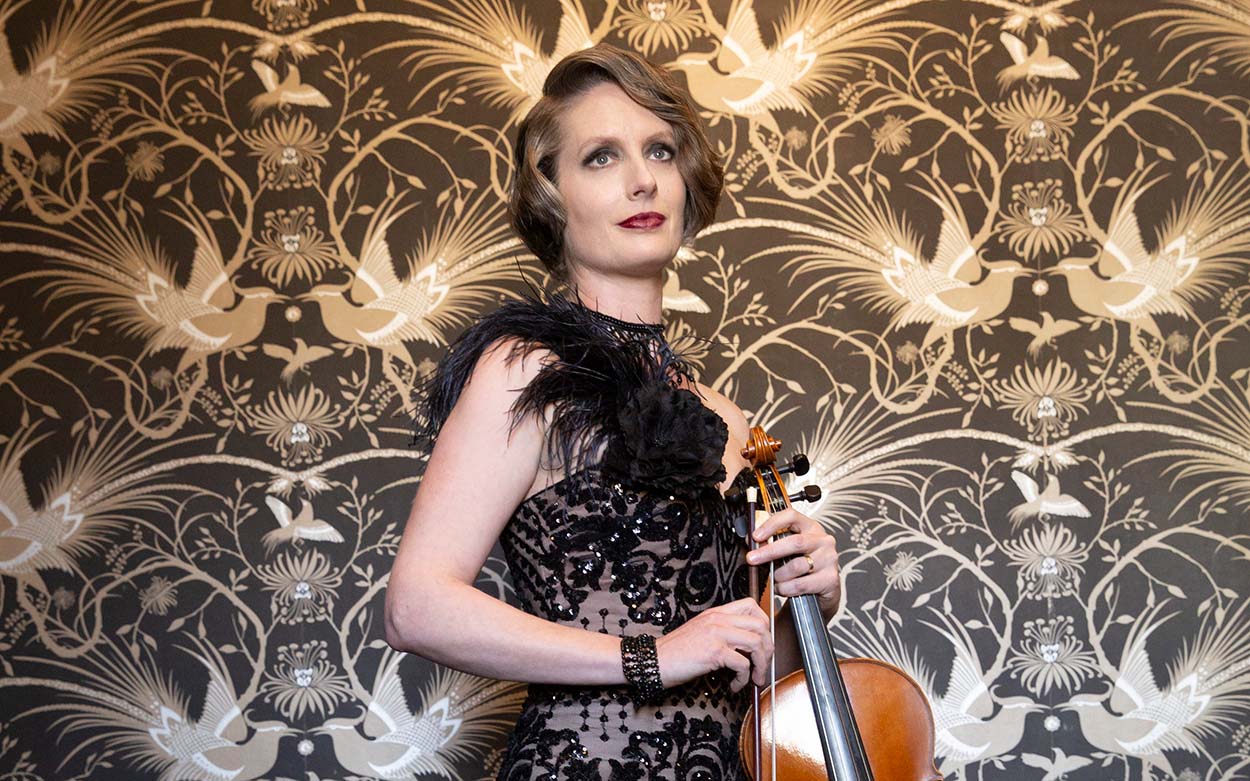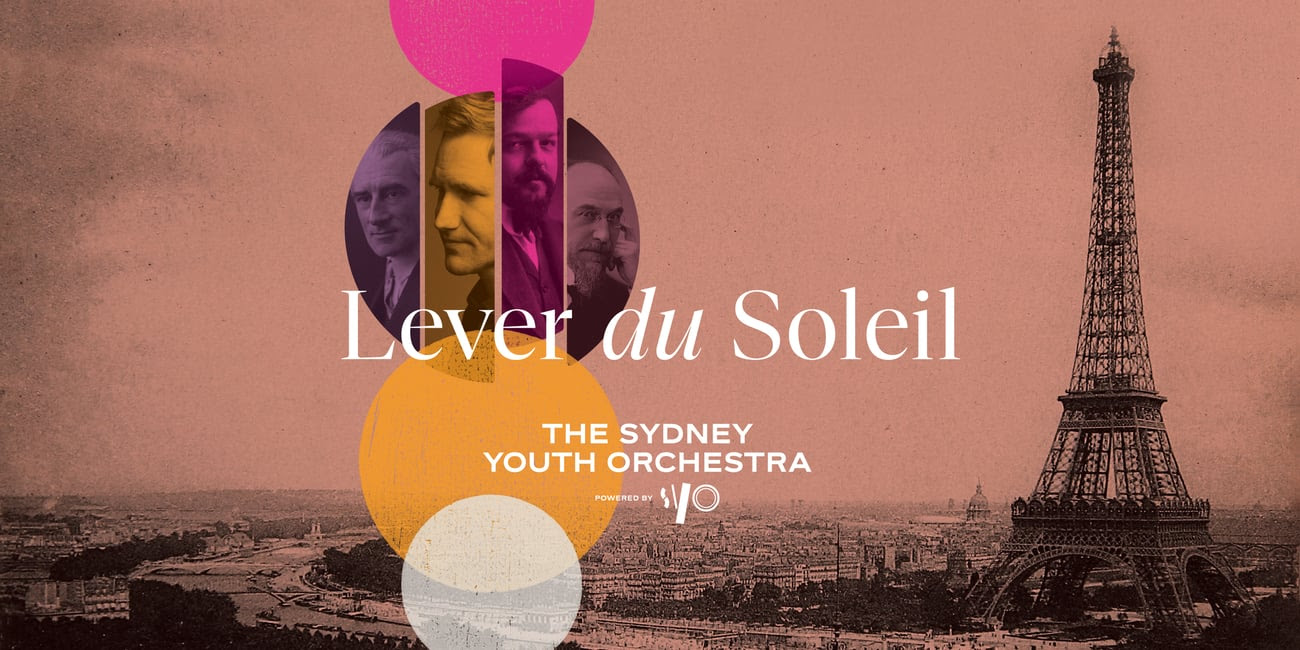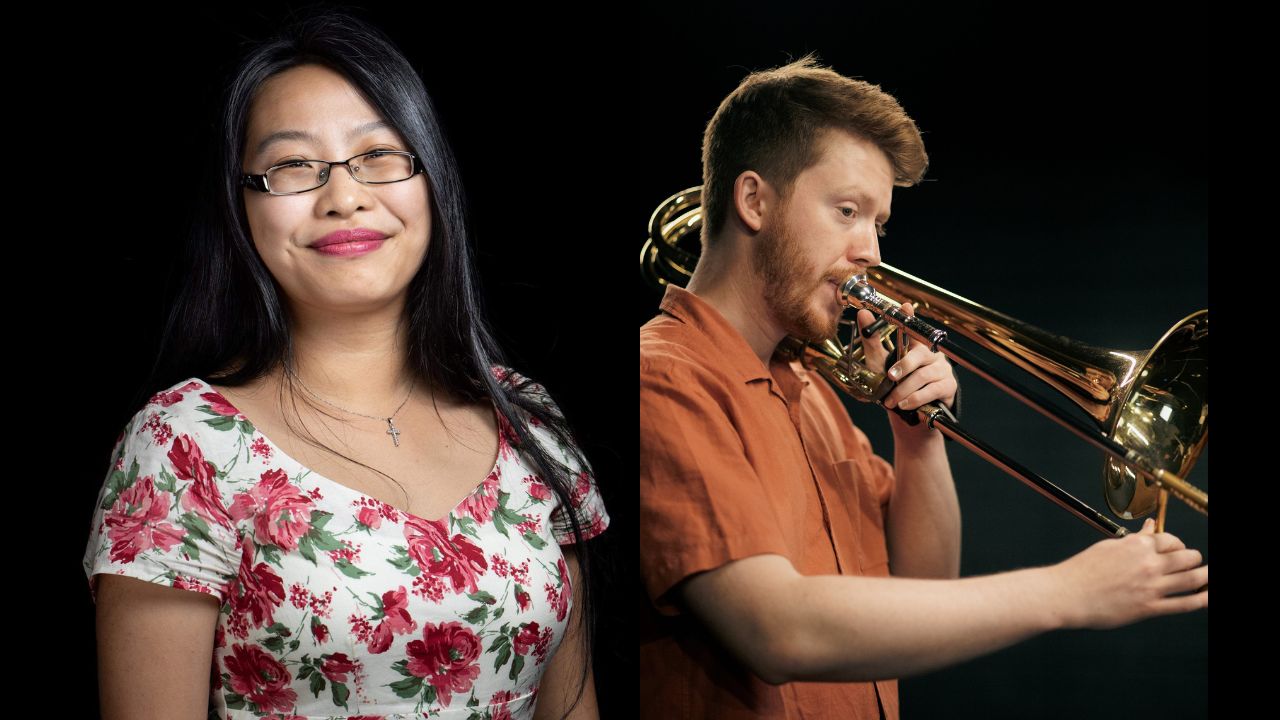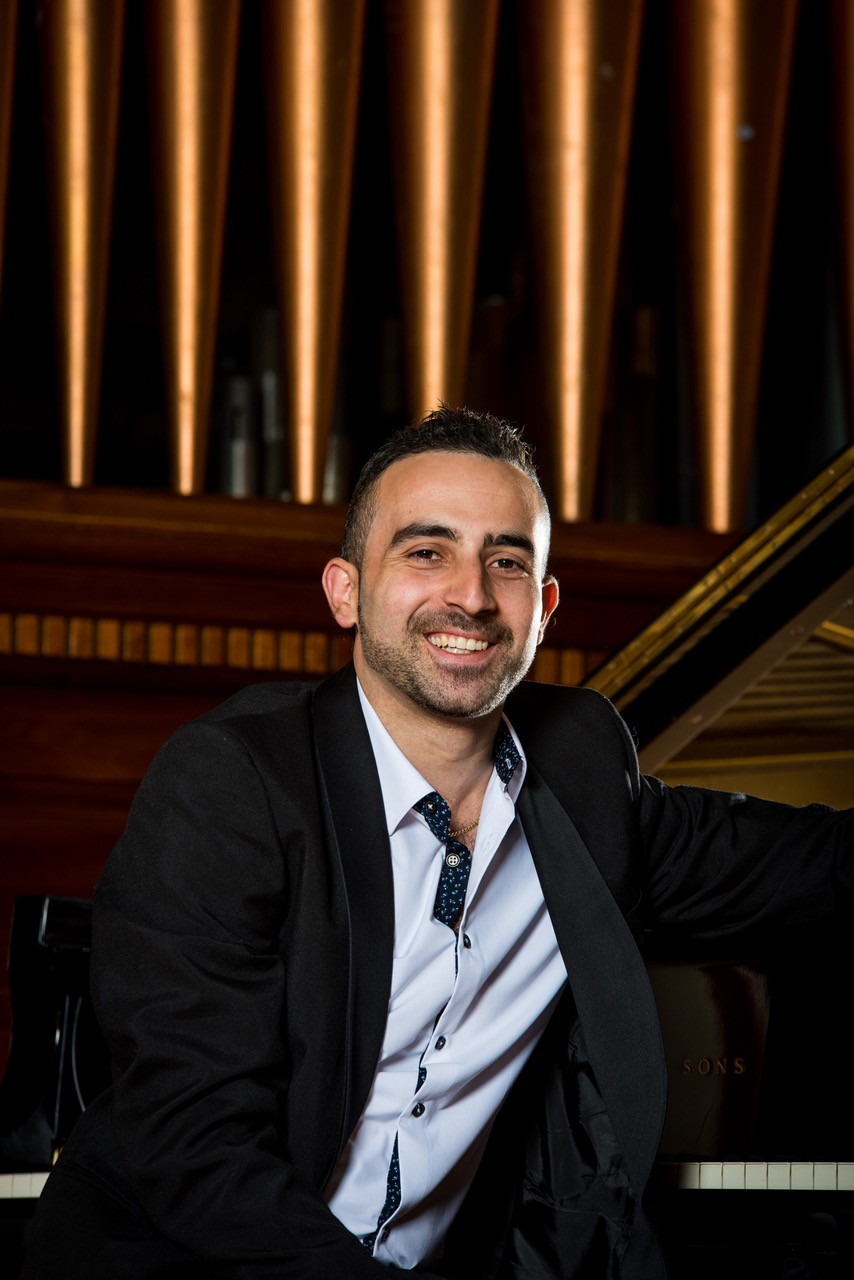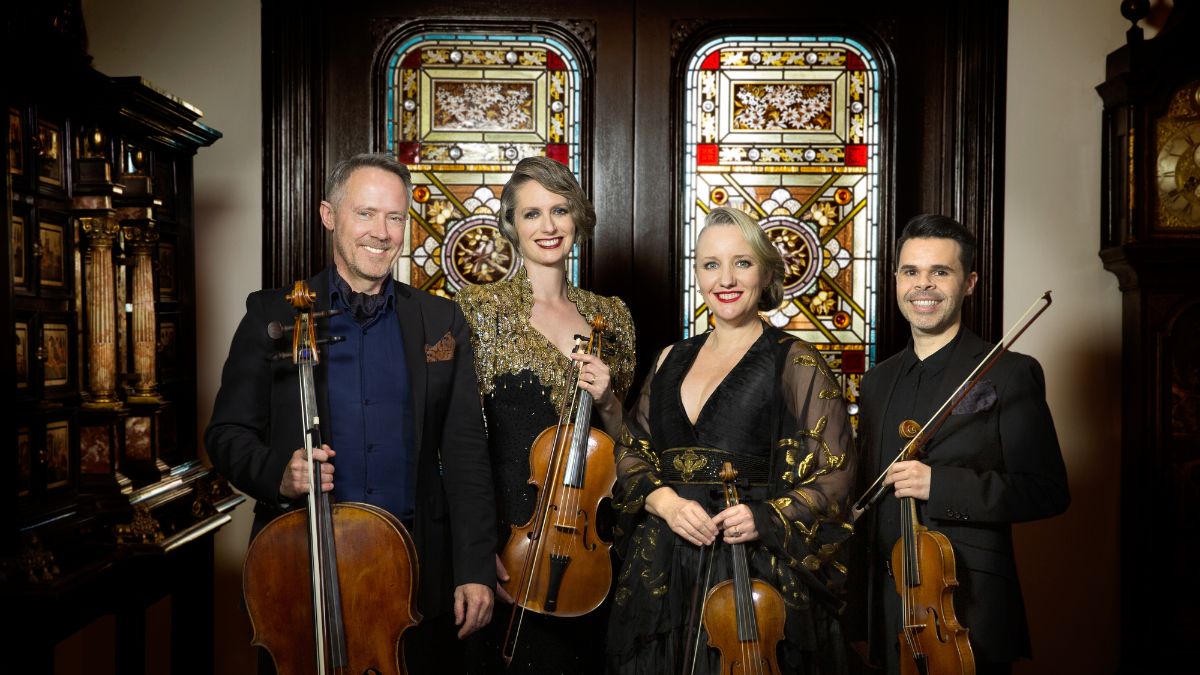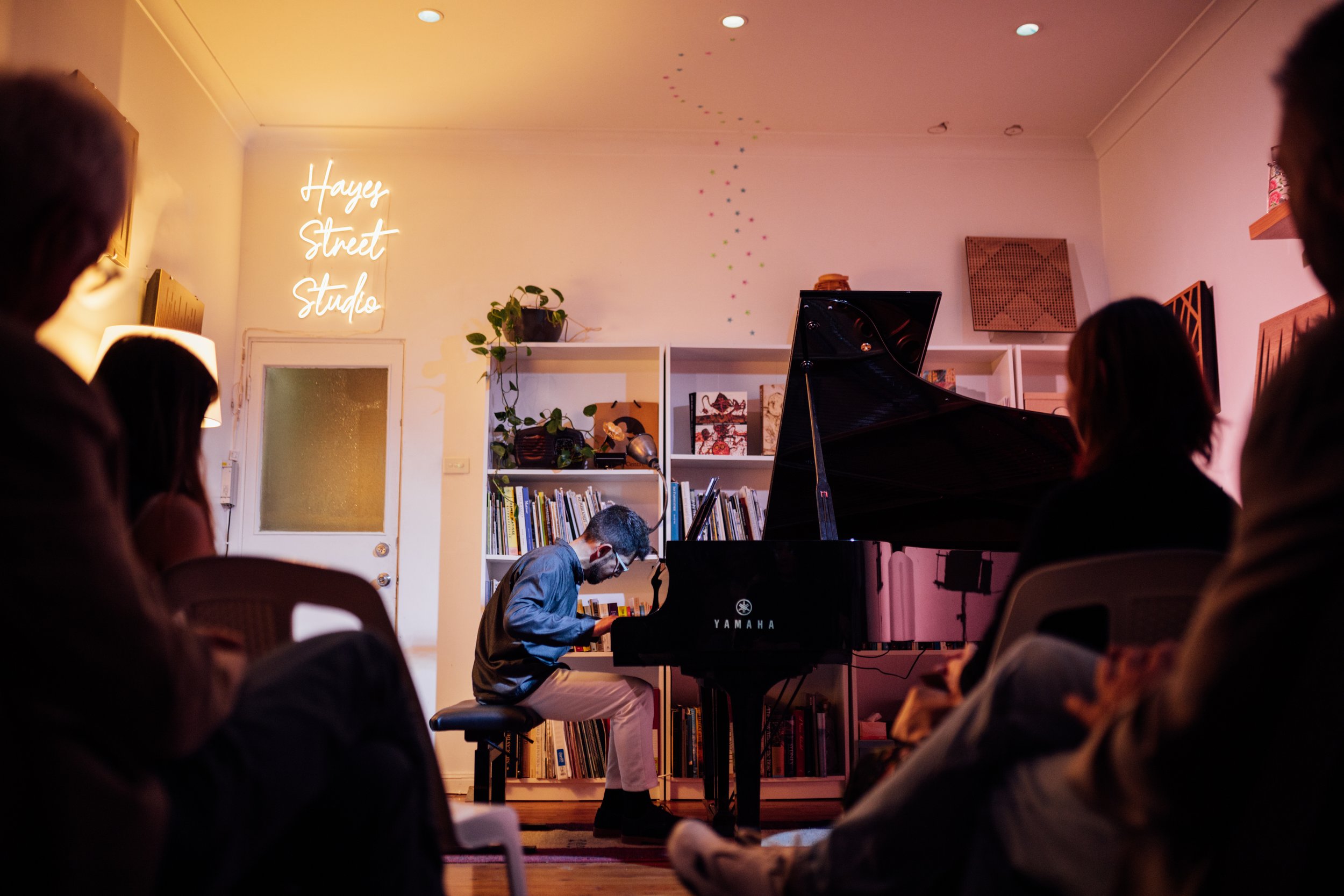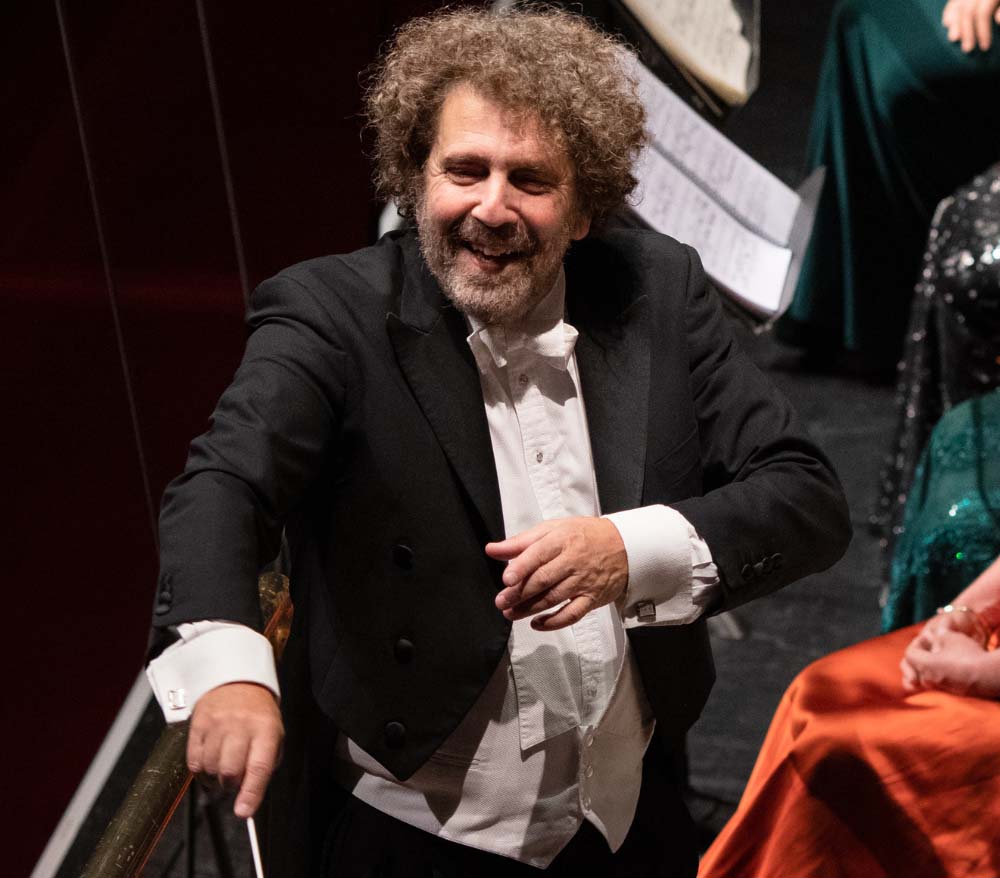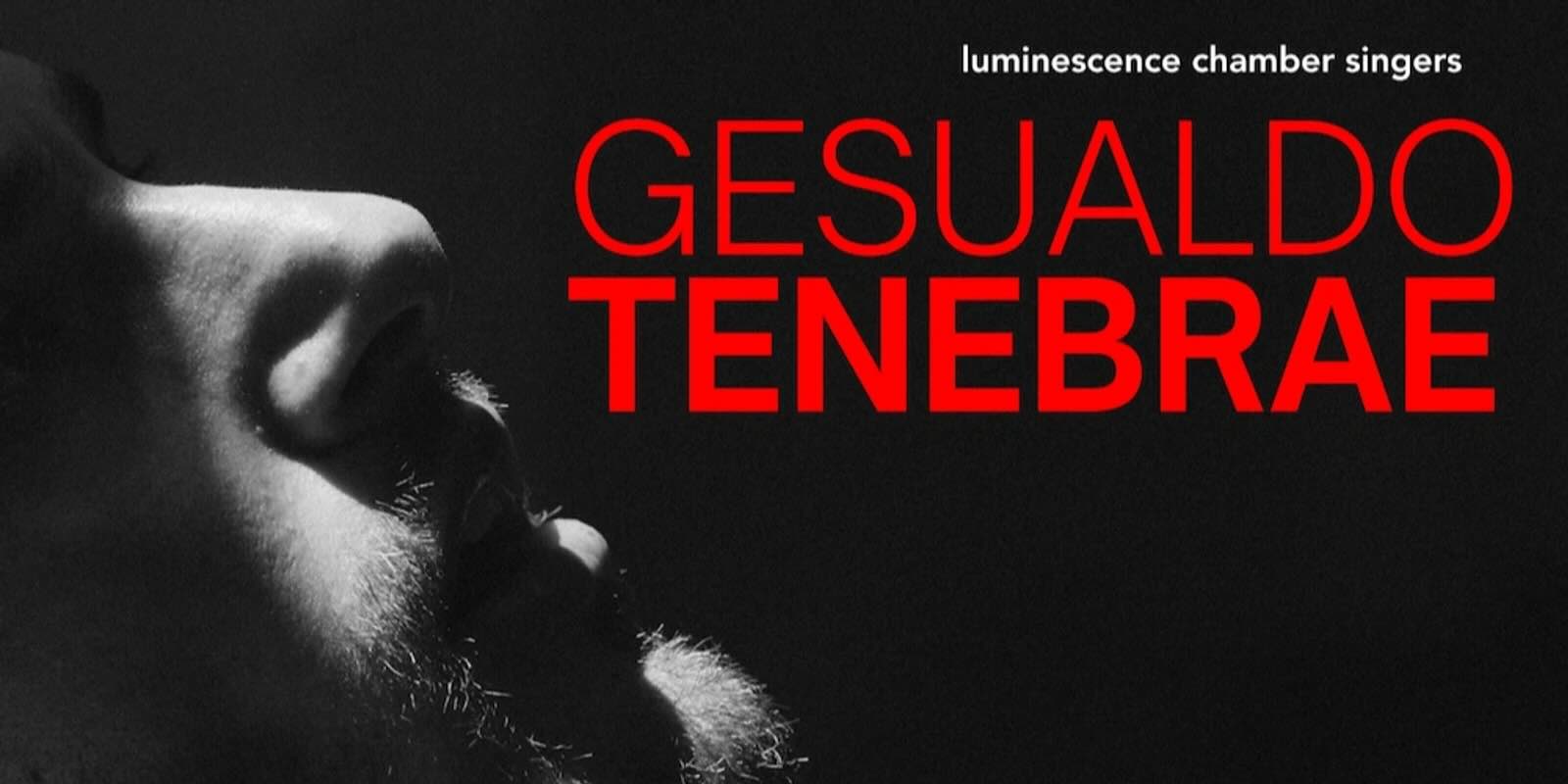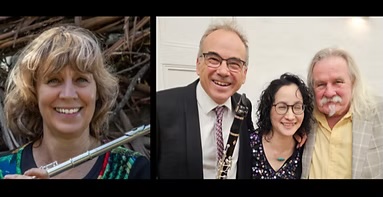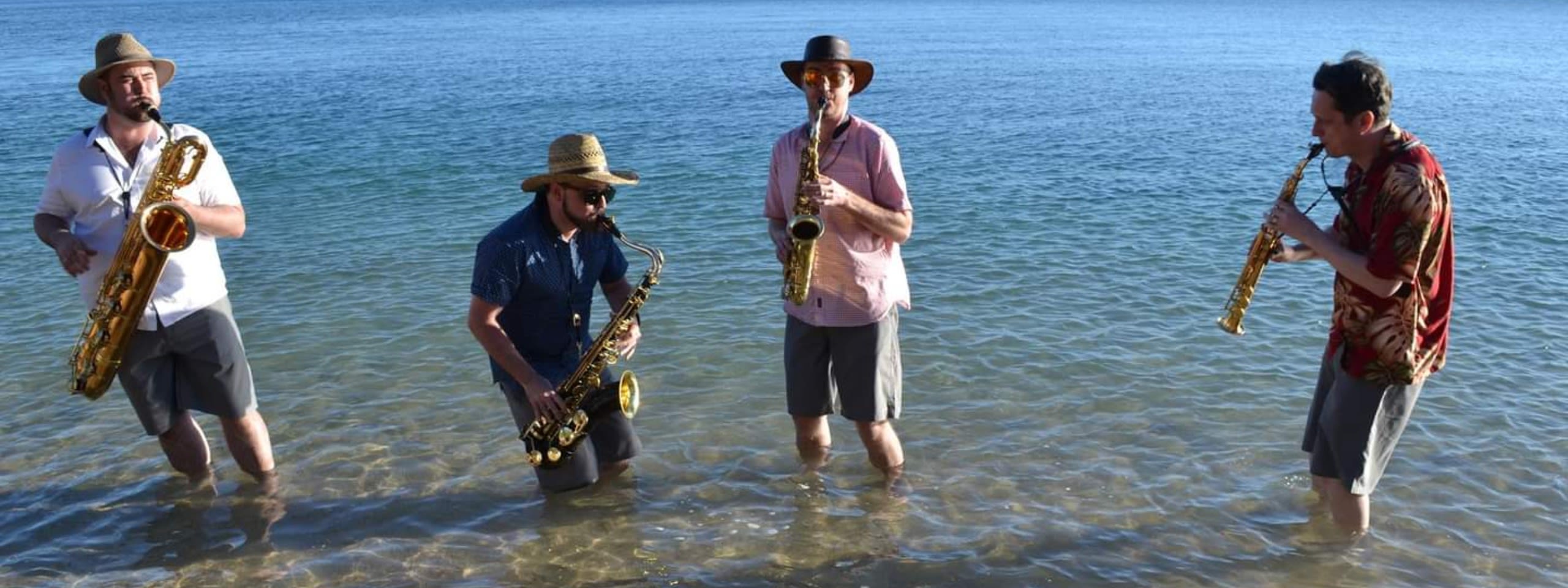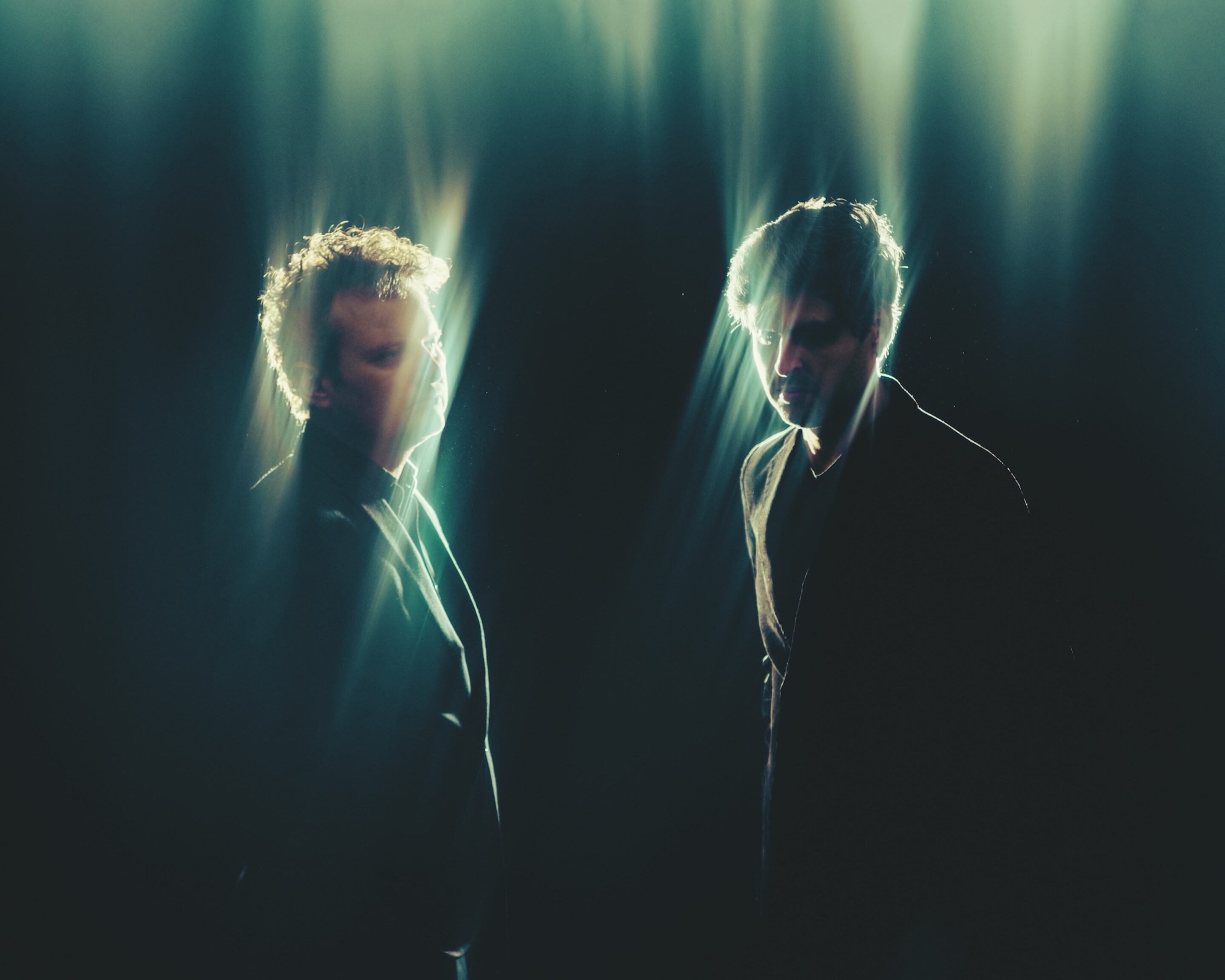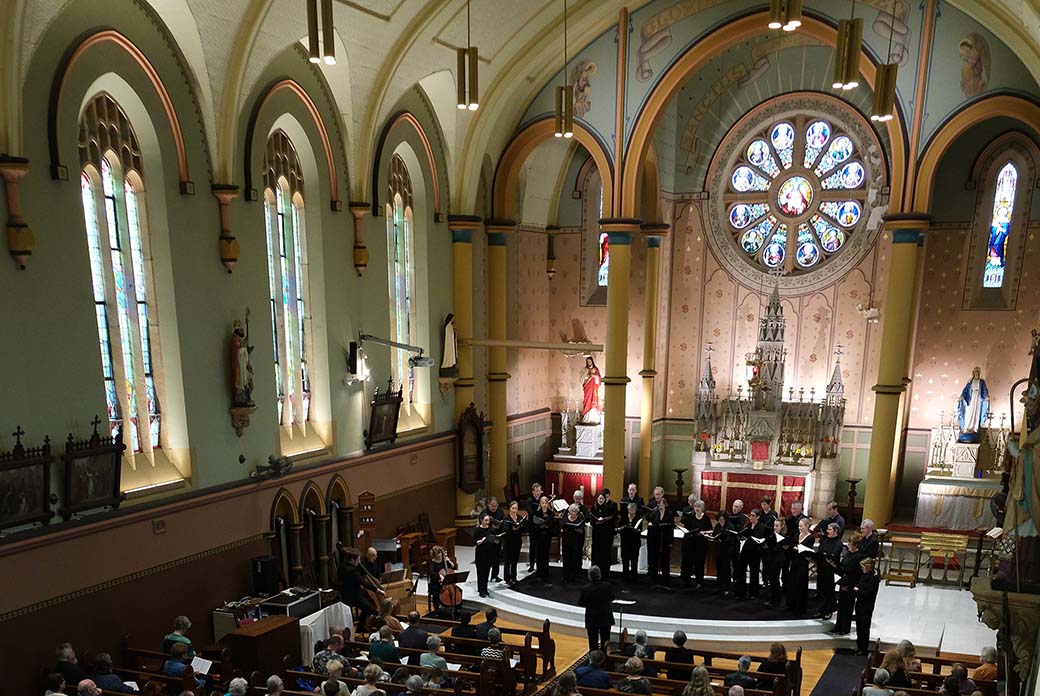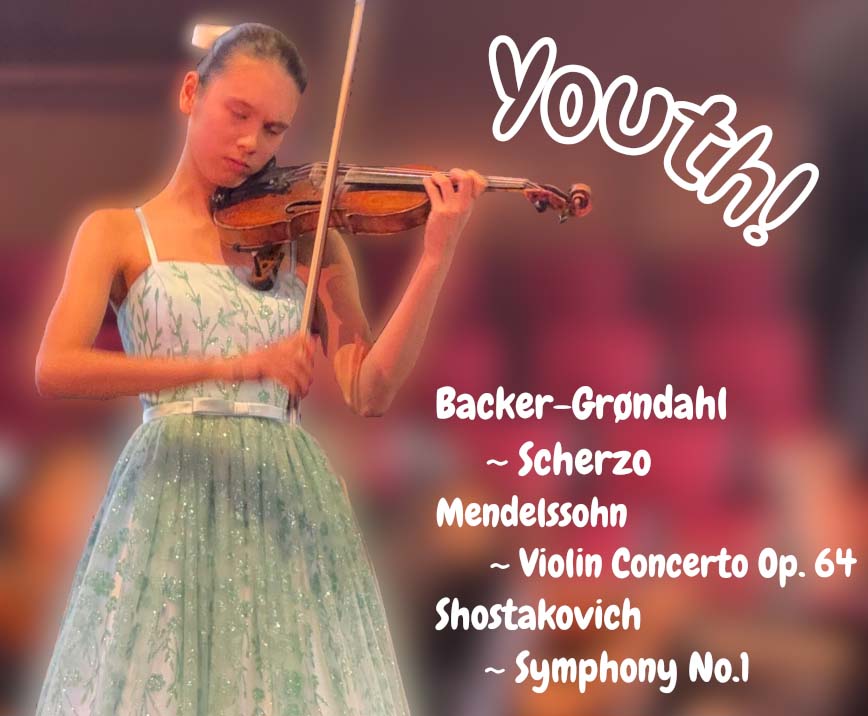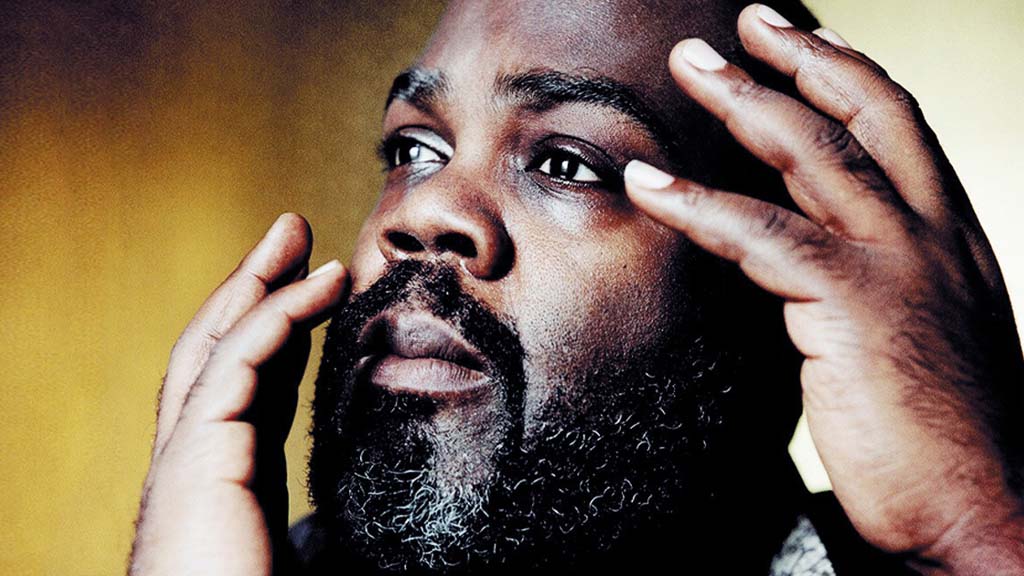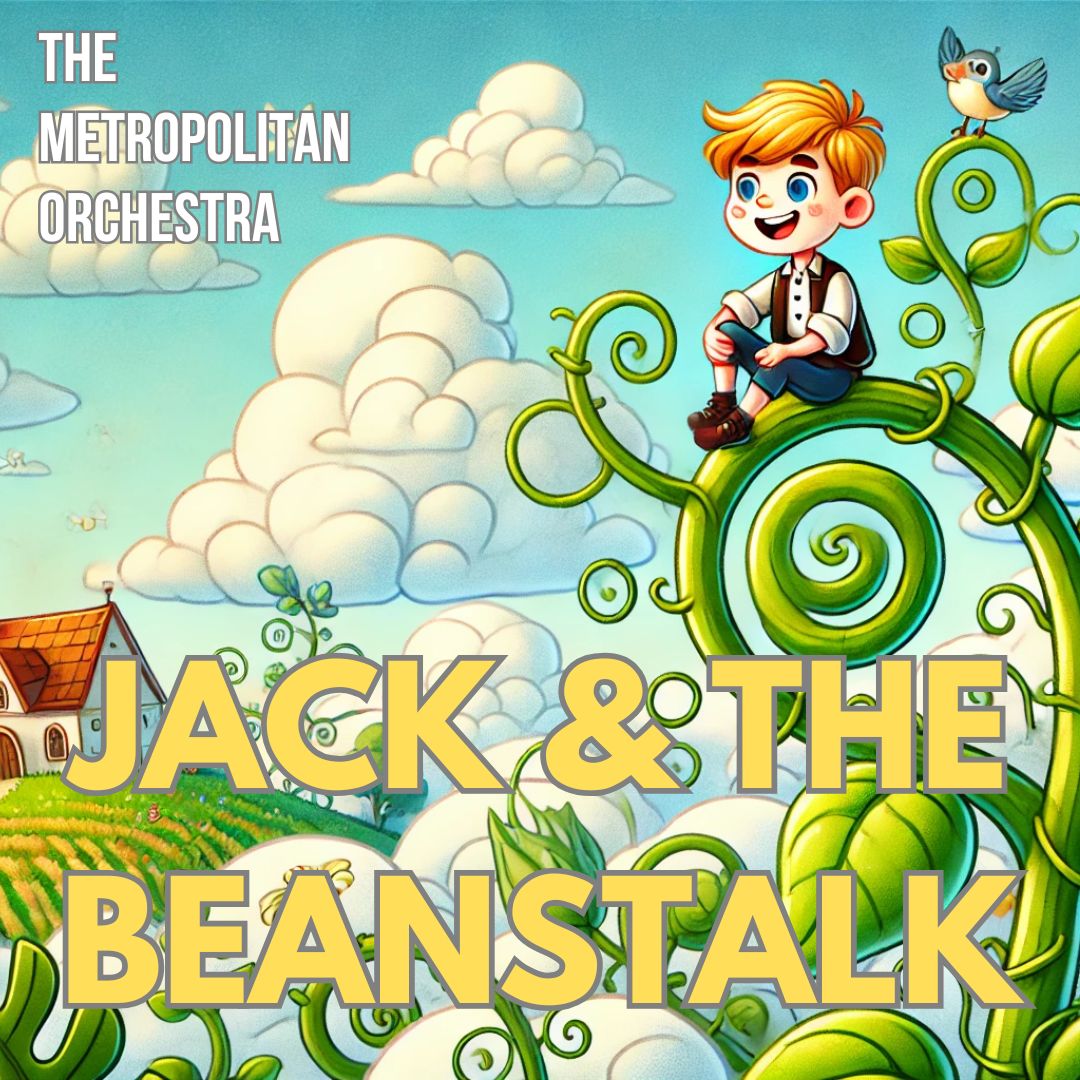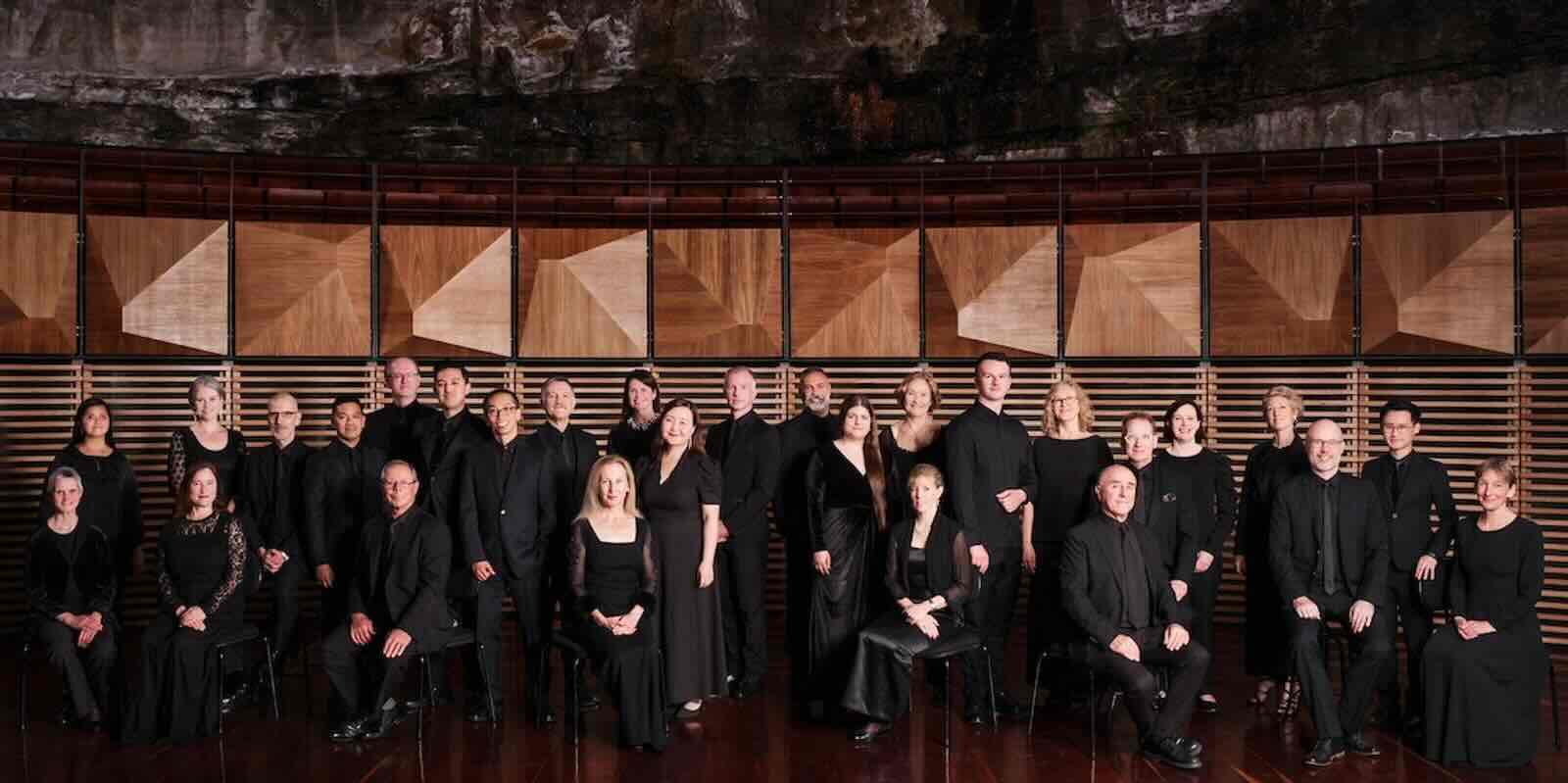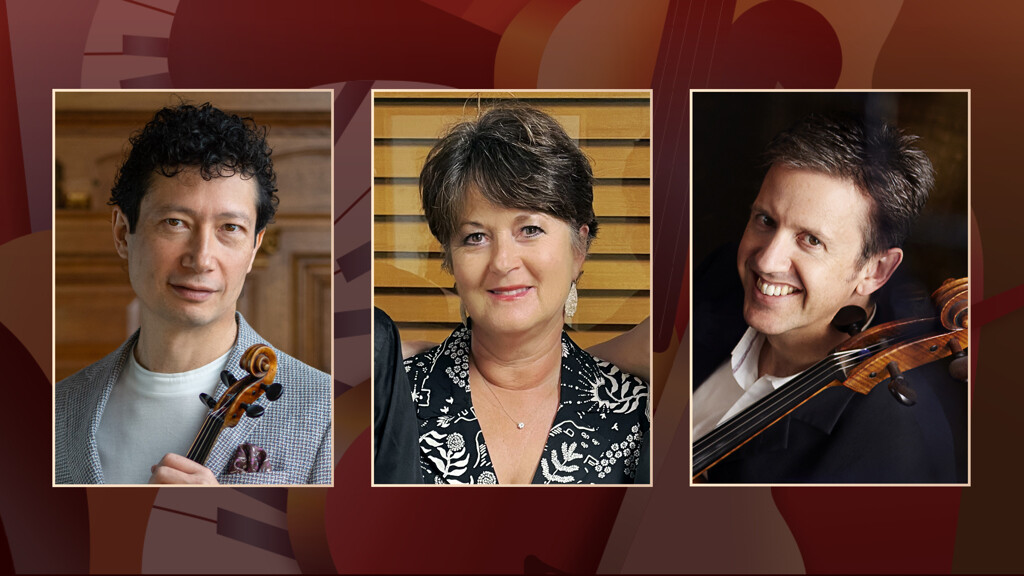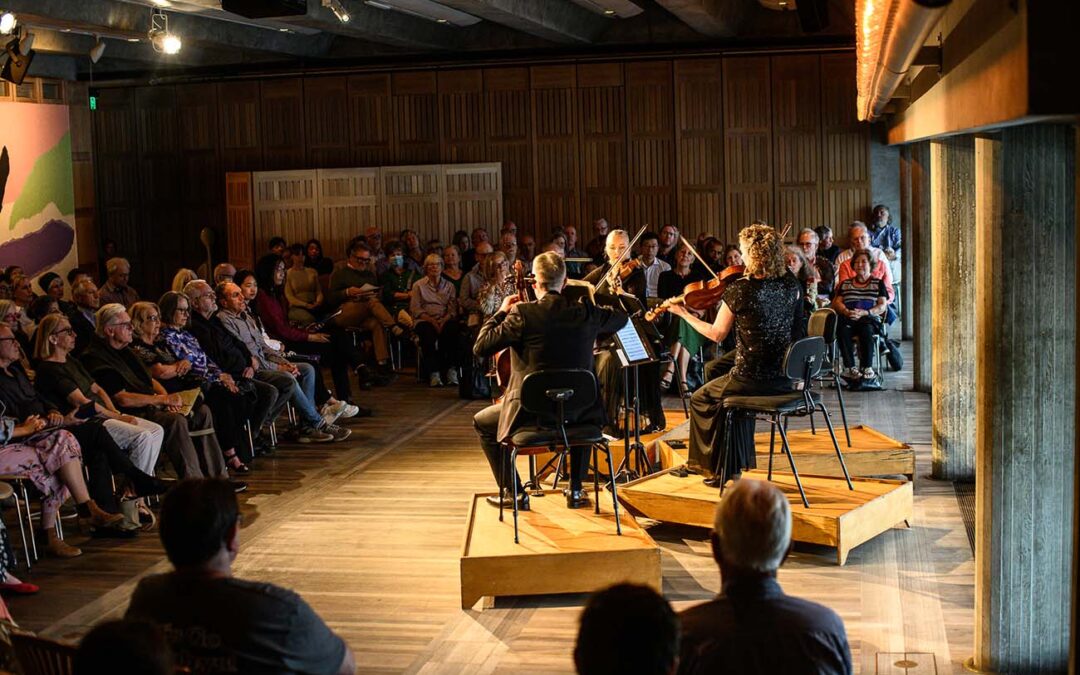The Metropolitan Orchestra | String Serenade
August 28, 2022, Marrickville Town Hall
Under the baton of the remarkably talented conductor, Sarah-Grace Williams, The Metropolitan Orchestra excelled itself in last Sunday afternoon’s concert at Marrickville Town Hall. Methinks the event provided those visiting the inner west with their very own ‘Swoon’ experience. And did those aldermen who built that wonderful edifice all those years ago have orchestral music in mind when the wooden sprung floor was installed? I think not. More like dances, balls and civic occasions where blokes sporting top hats and ladies adjusting their décolletage were thick on the ground.
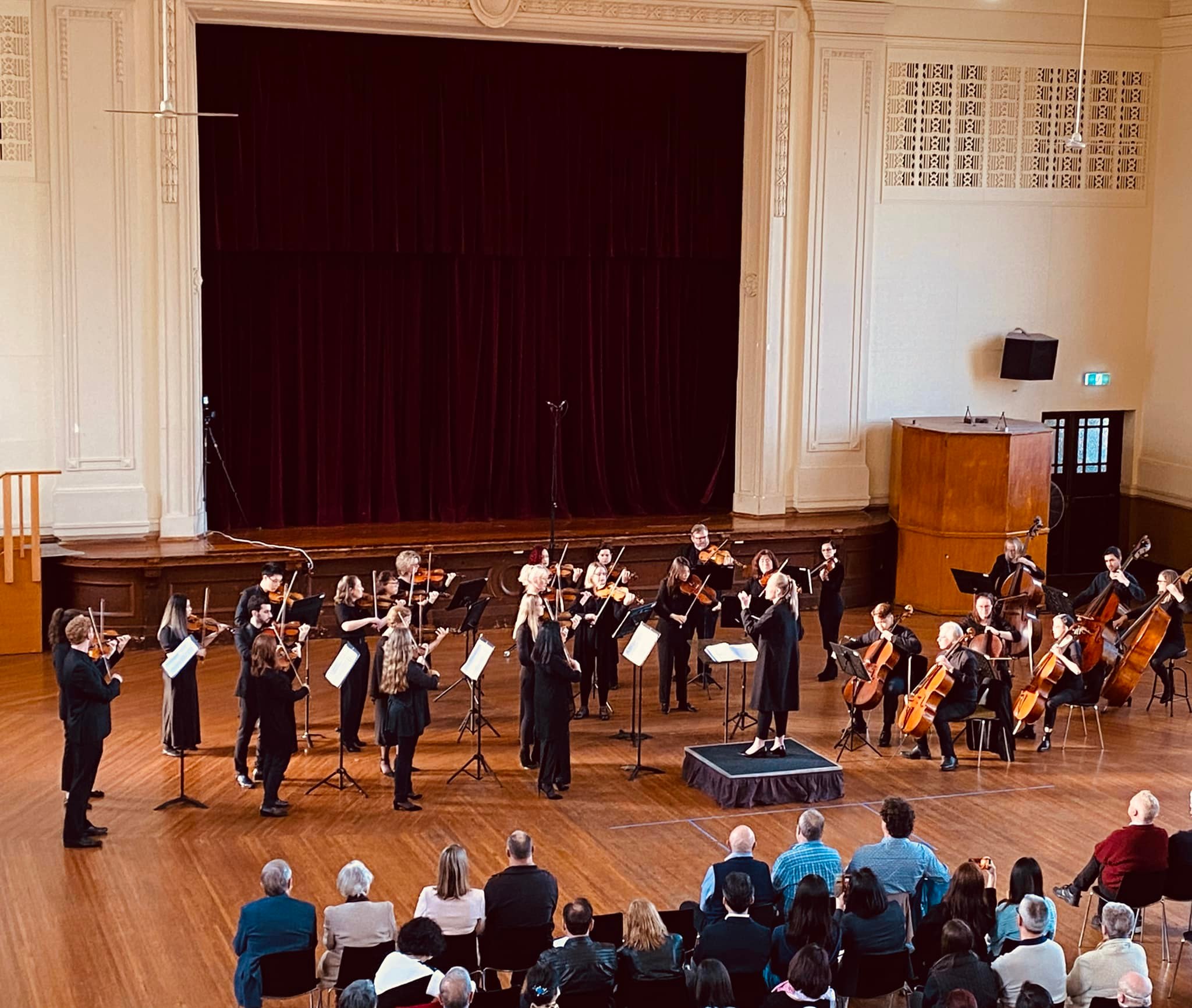
Surely, an appreciation of ‘place’ also applies to music and its context? Even the most basic grasp of history can help us to understand influences on the likes of Bartók and Dvořák, as well as our own Mark Grandison. Yes, indeed, this concert dug deep into aspects of Australia’s social history (alcohol!), as much as it did central and east European peasant, folk culture in the late nineteenth century.
On offer this gloriously sunny Sydney afternoon was certain to attract a good crowd, and judging by three curtain calls it sent sparks and shivers in all directions. I should know, because from where I sat in the commanding heights of the gallery, furiously peddling away on my laptop, there was not one fidgeting individual in the house, including the kids along for the musical ride. Williams started as she meant to go on, boldly and always in control. Never once did she let those players champing at the bit ‘get away’. Such confidence and poise, touching the air with those expressive hands, dancing aloft with that magic wand-of-a-baton. Lyrical and fluid of movement she was, reminding me of a ballet dancer en pointe, with the orchestra as corps de ballet!
Music as spectacle, and music that touches the soul.
The tasty dish served as entrée for this joyous feast was Béla Bartók’s Romanian Folk Dances. The opening movement always brings a lump to my throat. Strange, but it makes me feel both happy and sad, so beautiful and hauntingly melancholic are its strains and imaginative leap into a way of life that is all but now extinct. Is that what being a so-called ‘romantic’ means? How those musicians enjoyed themselves, especially the young lady viola player on the back line with the deeply henna’d hair. There’s no better sight – for me at least – of performers bending and swaying in tune and time. I could bang on here for pages, but that’s not my brief. If you’re keen to see another delightful interpretation of these folk dances then check out the YouTube video of the Danubia Orchestra, uploaded in July 2010. Take note of the last movement in particular. Pure tziganes, and unashamedly pieds en l’air, if you get what I mean.
Next up, was Mark Grandison’s hugely impressive, Australian premiere of ‘Cellar Door for String Orchestra’, a cheeky, playful piece that took us through the families of wine, orchestrally speaking. I’m no sommelier, but I sure can taste the difference between a champagne and a Riesling. Originally written for a cello octet, each of these short explorations pieced together the many subtleties of wine and champagne – or should I say ‘sparkling wine’ as it is known in Oz? What struck me about Grandison’s piece was its deep attachment to melody, which makes for ease of listening, despite it being a complex work. For sure, professional critics would take me to task, but for this reviewer it was up there with Sculthorpe. I wonder if Grandison was encouraged somewhere down the track to translate Cellar Door into a string orchestral setting? The verdict: hugely listenable and a triumph.
I’m now an official fan of Mark Grandison’s work. More please.
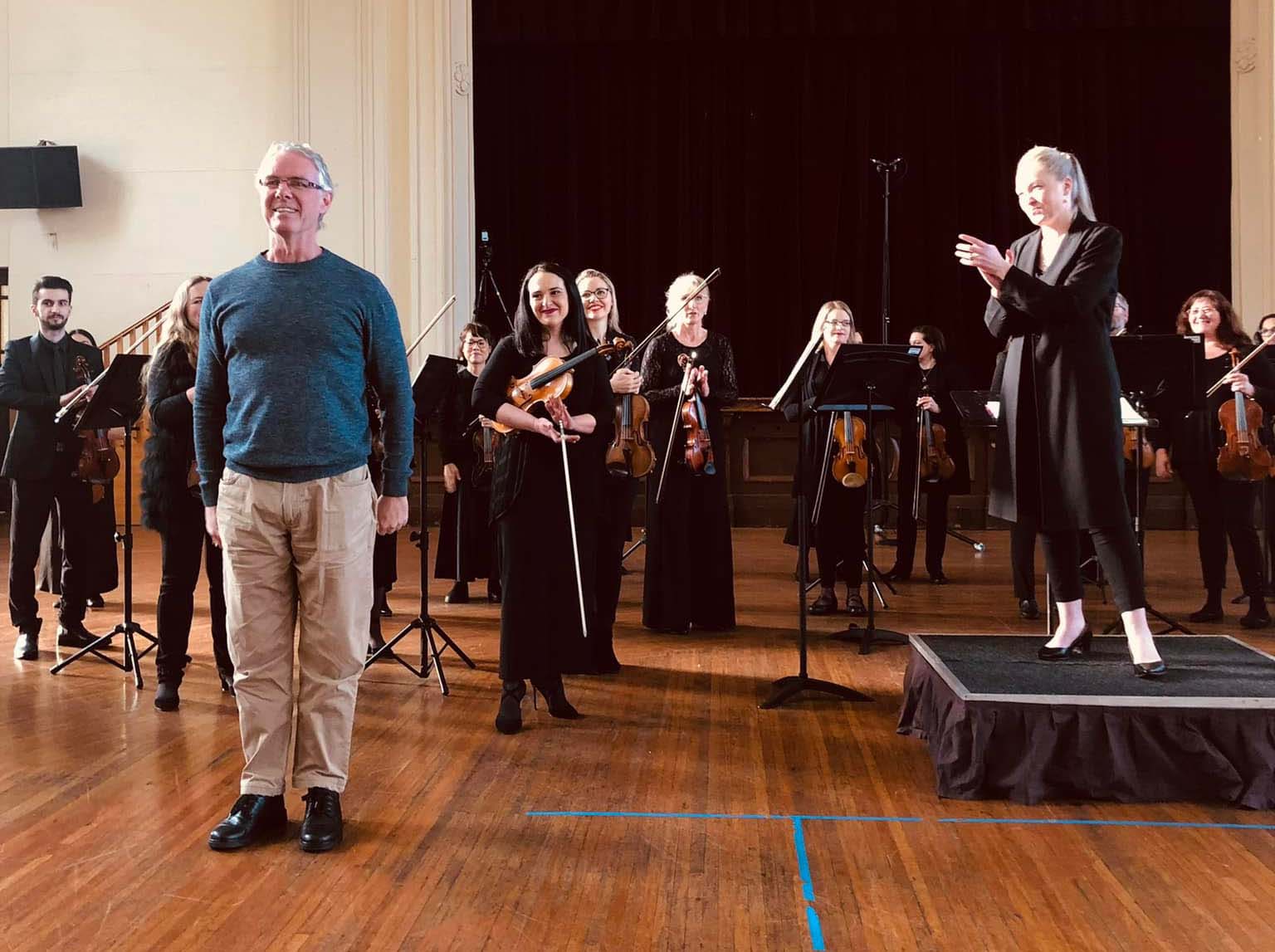
Finally, dessert arrived after a most pleasing main course. Dvořák, like Bartók, was another composer deeply embedded in the preservation of peasant folk music, blending its sounds with the European symphonic tradition. This is so clearly evident in much of Dvořák’s body of work, especially that influenced by African-American and Native American music which he hoped would support the development of a distinctly American musical expression. Serenade for Strings in E Major Opus 22 took us through five movements, each of which explored the journey from Moderato through Tempo, Scherzo. Larghetto and Finale. Here were shape-shifting vignettes that to my mind were unmistakably Czech and immediately recognisable as Dvořák. There was something anthemic about the Scherzo, a lively, busy interlude which I felt might easily have been set to words and sung – aloud. And then the Finale: attack, attack! Such a mighty, forceful piece of music that put me in mind of some infernal contraption cartwheeling towards the finish line. There was strength in numbers that Sunday afternoon, listening to this mighty finale of Dvořák’s Serenade for Strings in E.
All of us – kids, mums, dads, old and young, the curious and anticipatorial – were with Sarah-Grace Williams and The Metropolitan Orchestra every step of the way. En pointe, I say.



